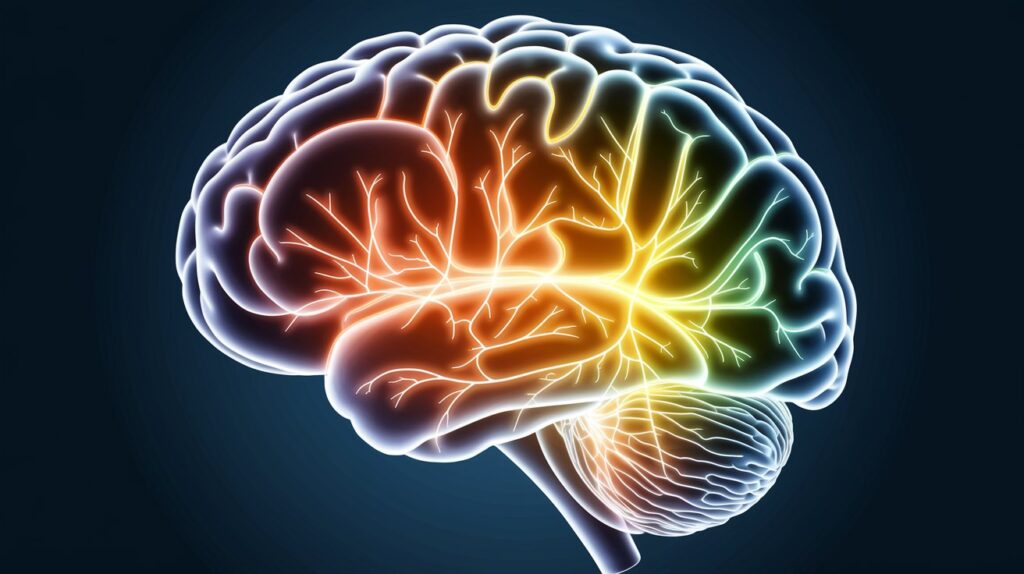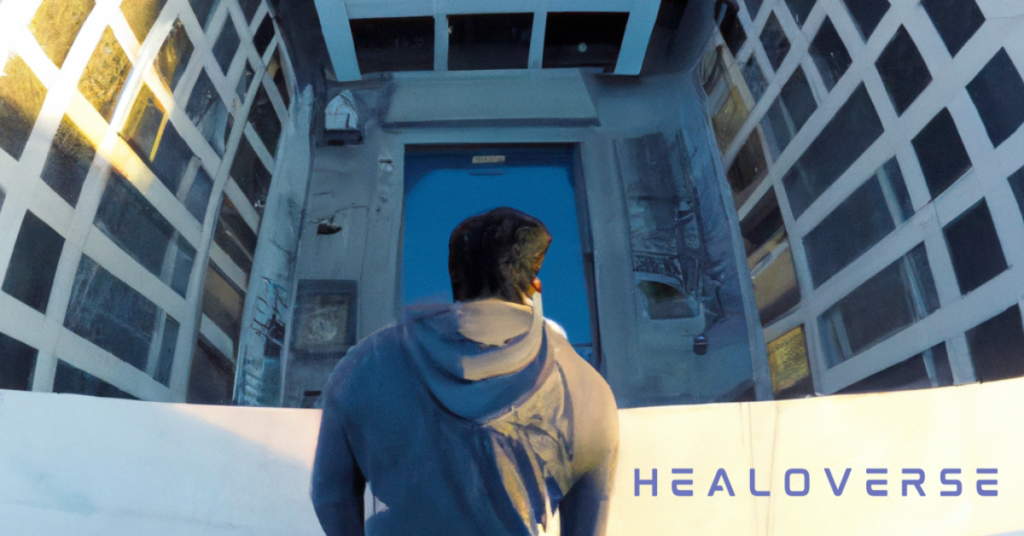Post-Traumatic Stress Disorder (PTSD) is a tough condition that can leave people feeling very tired. If you’re asking, “Can PTSD cause exhaustion?” The answer is yes. This exhaustion, often called trauma-induced fatigue, is more than just being tired—it’s a deep, draining feeling that can make it hard to get through the day. New treatments, like ketamine therapy, are offering hope to people with PTSD by helping reduce trauma-induced fatigue and making it easier to cope with the condition.
Understanding PTSD and Its Connection to Exhaustion
PTSD goes beyond intrusive memories and flashbacks. It changes the way the brain and body work. A constant state of hypervigilance, combined with disrupted sleep patterns and the emotional demands of processing trauma,all create a deep feeling of tiredness. This can lead to both mental and physical exhaustion.
Why Does PTSD Cause Such Profound Fatigue?
Key contributors to PTSD-related exhaustion include:
- Trouble sleeping and having nightmares over and over.
- Chronic activation of the fight-or-flight response.
- The emotional stress of reliving traumatic experiences.
- Physical stress and tension from feeling anxious for a long time.
- Using mental energy to avoid things that remind you of the trauma.
- The nervous system being out of balance and dealing with too much stress.
All of these things together can leave people feeling exhausted and unable to engage fully with daily life.
Can Ptsd Cause Memory Loss?
PTSD doesn’t just cause exhaustion; it also affects memory and cognitive function. The hippocampus, a part of the brain that helps with memory, can shrink after long-term trauma, making it harder to remember things and manage emotions. These problems can make tiredness and frustration even worse.
How Ketamine Therapy Offers Relief
Ketamine therapy is changing how PTSD is treated. Once used solely as an anesthetic, ketamine is now showing promise in helping reduce PTSD symptoms, especially tiredness and problems with memory and thinking.

What Makes Ketamine Unique?
Ketamine’s approach is distinct, working rapidly to:
- Alleviate symptoms within hours or days
- Promote neuroplasticity and repair damaged neural pathways
- Help individuals process traumatic memories effectively
- Reduce inflammation in the brain linked to chronic stress
- Interrupt cycles of negative thought patterns
Benefits of Ketamine for PTSD-Related Exhaustion:
Ketamine therapy addresses PTSD-related exhaustion in several ways:
- Improved Sleep: Reduces nightmares and enhances restorative sleep.
- Energy Restoration: Helps normalize energy levels.
- Hypervigilance Reduction: Calms the nervous system.
- Enhanced Mood: Boosts overall emotional well-being.
- Stress Regulation: Supports healthier cortisol and adrenaline patterns.
- Neural Recovery: Repairs damaged brain pathways.
- Emotional Resilience: Builds psychological strength over time.
What to Expect from Ketamine Treatment
If you’re exploring ketamine therapy for PTSD-related exhaustion, here’s a roadmap:
- Personalized Treatment Plans: Tailored to individual symptoms and goals.
- Rapid Results: Many experience relief after the first session.
- Ongoing Monitoring: Adjustments made based on progress.
- Integration with Traditional Therapy: Combines with approaches like CBT for optimal results.
- Integration Support: Includes guidance for integrating improvements into daily life.
- Continued Assessment: Tracks changes in trauma responses and fatigue levels.
Complex PTSD Fatigue and Ketamine
Complex PTSD (C-PTSD) causes extreme tiredness and emotional struggles due to past trauma. People with C-PTSD often feel exhausted because their bodies are always in stress mode, making it hard to recover. Ketamine therapy can help by calming the brain’s stress response, improving sleep, and supporting brain recovery. It also helps with emotional control, reducing the emotional exhaustion that comes with C-PTSD. By promoting healing in the brain, ketamine can help reduce C-PTSD fatigue and improve energy levels for those struggling with trauma-induced fatigue and emotional issues.
A Comprehensive Approach to Healing
While ketamine offers significant benefits, it works best as part of a broader PTSD treatment plan. Consider combining it with:
- Psychotherapy or trauma-focused therapy
- Stress-reduction techniques like mindfulness or yoga
- Regular physical activity tailored to energy levels
- Nutritional support to combat fatigue
- Participation in trauma survivor support groups
Is Ketamine Therapy Right for You?
Ketamine therapy may be worth exploring if you:
- Experience severe PTSD symptoms, including exhaustion and fatigue
- Have not found relief with traditional treatments
- Seek faster symptom management to improve quality of life
- Want a cutting-edge approach to trauma recovery
Conclusion
PTSD-related exhaustion can be debilitating, but ketamine therapy offers a powerful new avenue for relief. If you’re feeling stuck in your recovery journey, ketamine therapy may provide the energy and clarity needed to move forward. If PTSD is affecting you or someone you care about, Healoverse is here to help. Our compassionate, evidence-based treatment offers an effective path to healing. Click here to schedule a free consultation and see how we can support your recovery.



